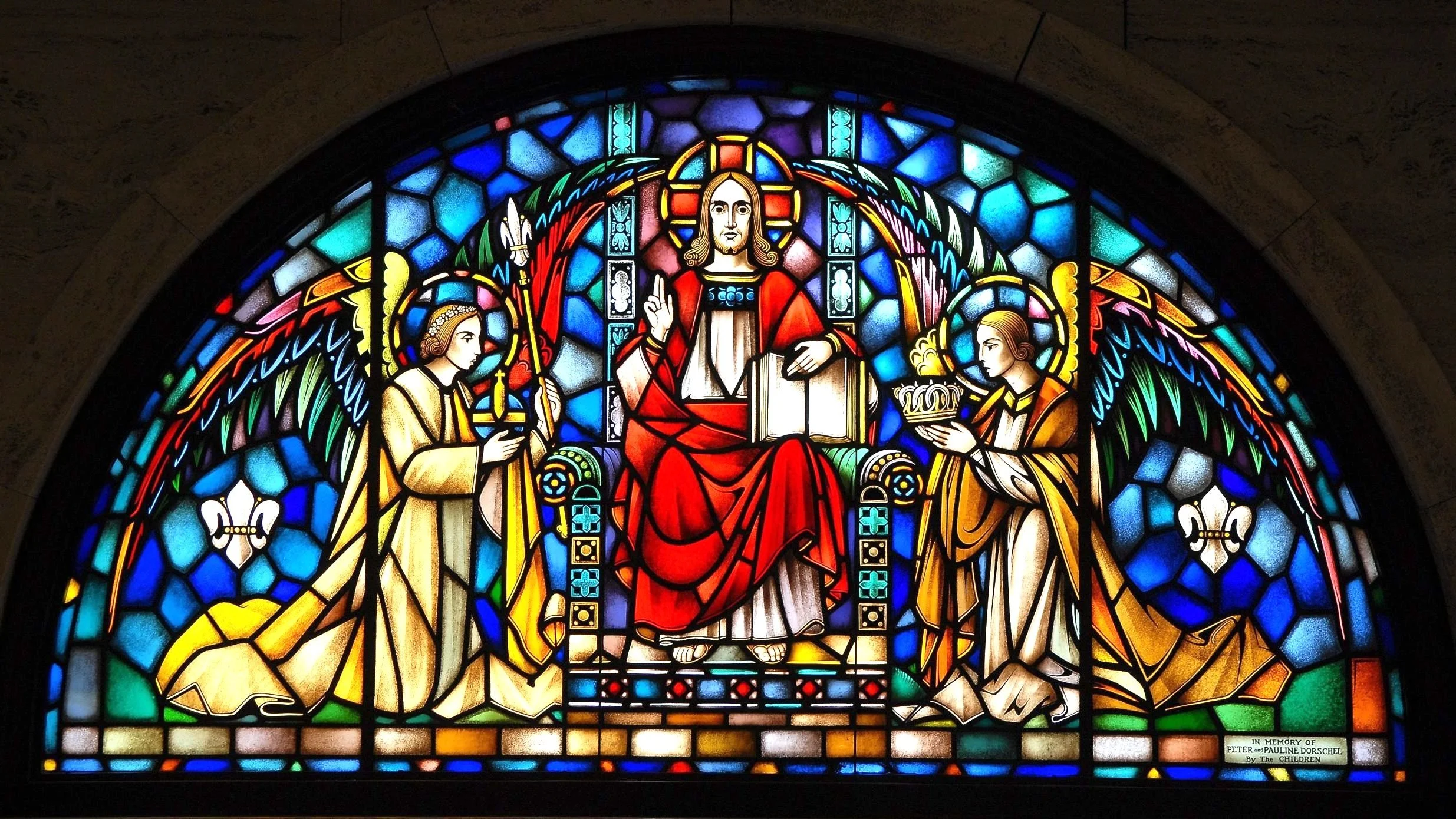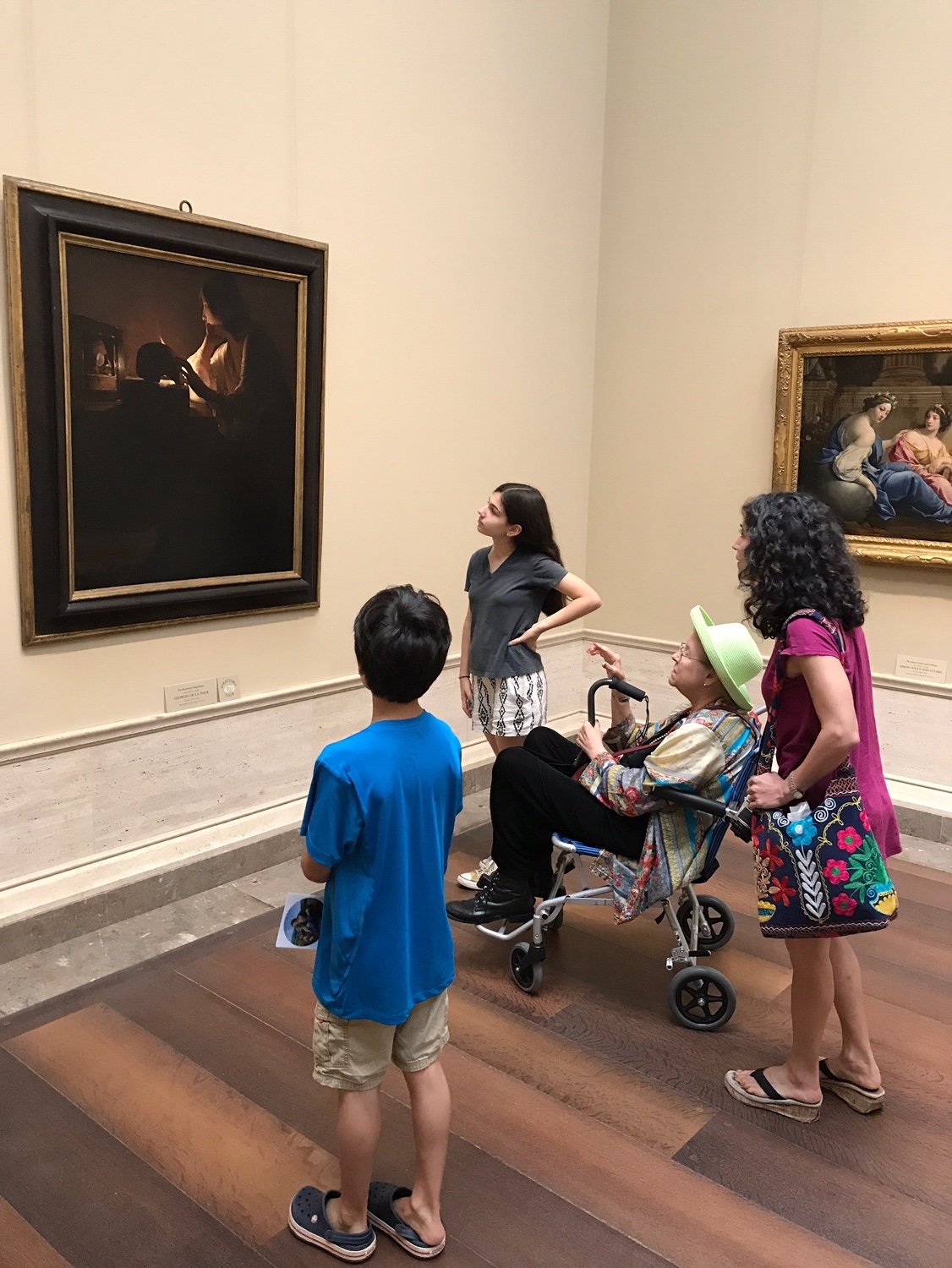Crafton: Living with Limitations
“Just because you’re disabled doesn’t mean you’re not anything else. Have you lost an ability you used to have? Something you loved? Have you had to say goodbye to it? Maybe there’s another way or another place where you can still do it, or something like it.”—Barbara Crafton, eMo from The Geranium Farm (geraniumfarm.org), August 16, 2018.
Metropolitan Museum of Art. NYC. Van Gogh
The Center for Disease Control (CDC) reports on its website that 61 million adults, or about one-fourth of adults in this country, have a disability that majorly impacts their lives. The most common disability involves mobility, which affects one in seven adults. This limitation is more common in women, especially those with lower income in the South. Cognitive impairment is the most common disability in younger adults.
Barbara Crafton, who once visited St. Mark’s Episcopal Church, Little Rock, contributed to an almost daily email eMo from the “Geranium Farm,” including a picture of artwork related to her story. For example, one week, she featured a Van Gogh painting, “Summer Wheat Field with Cypresses,” painted in the artist’s last year, a view from a window in his room at a mental facility. Her last eMo was now several years ago. We honor her today for so many years that the many faithful daily waited for her wisdom.
My experience is that each of us has what the Apostle Paul calls a “thorn” in our flesh. We are mistaken if we imagine another person doesn’t suffer from this “thorn” in some form.
We have a choice of how to respond to a disability. But, more and more, I believe we can ask in our prayers how that thorn brings fresh light into our lives. Those in recovery will say their addiction brought them to an alternative life they never dreamed possible. I encounter people with cancer changing and improving the lives of others with the disease. I recognize parents with disabled children who are experts in patience, kindness, and love.
There is a new pathway. It may not mean overcoming the disability, but rather waking up to a divine message or being open to a new direction in becoming the person God created us to be.
Barbara Crafton







